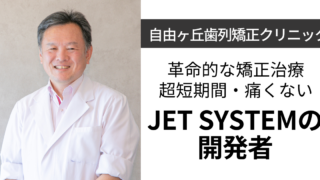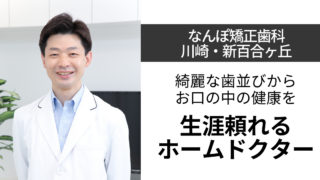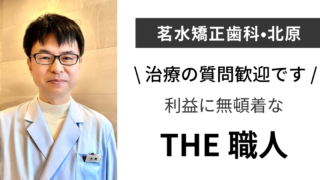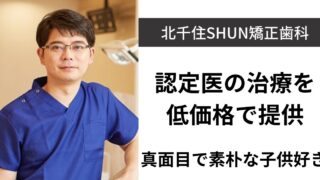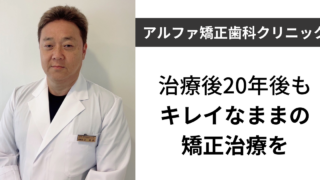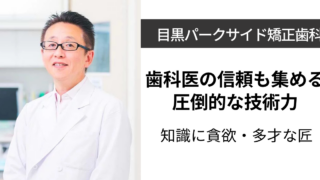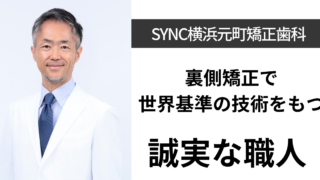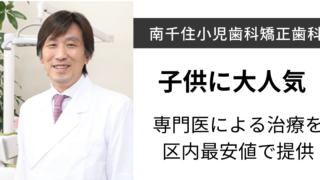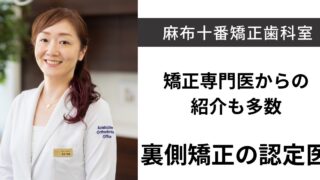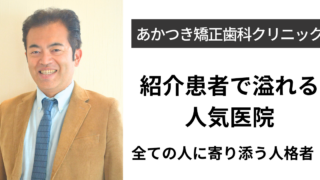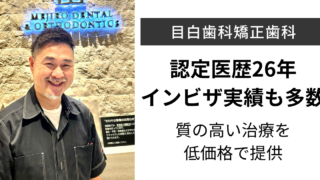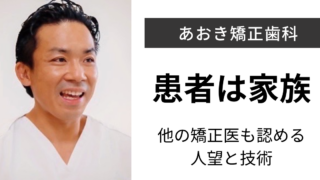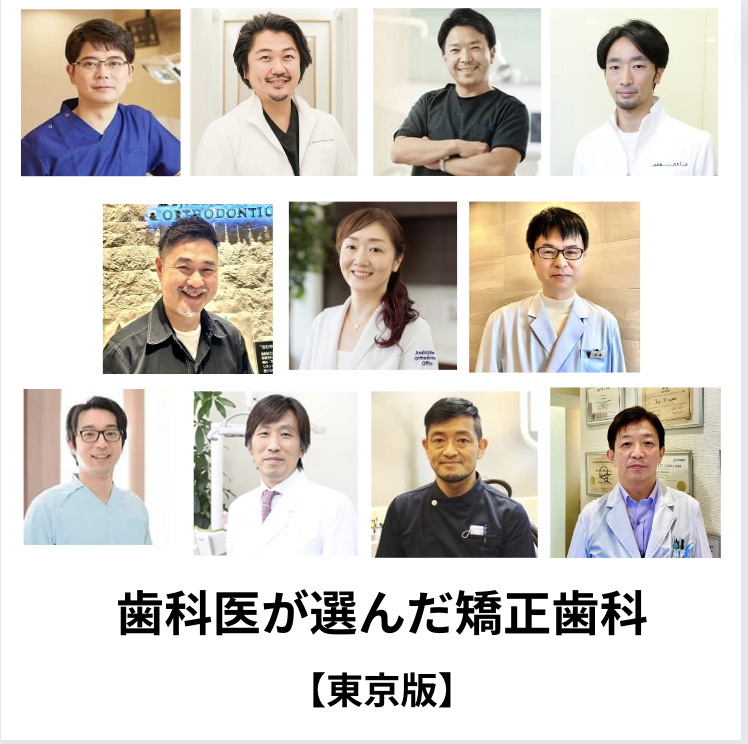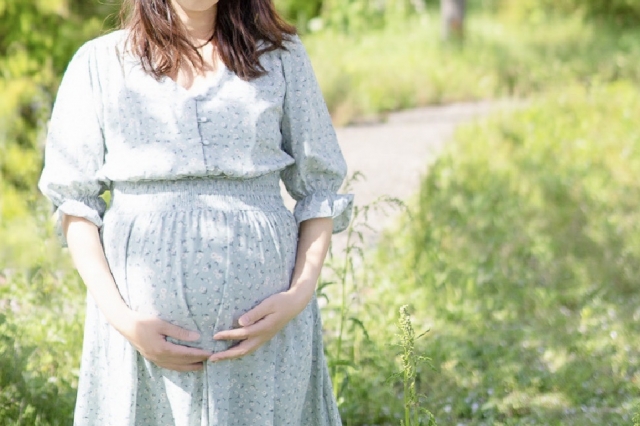
Can a pregnancy full of cavities affect the baby? Prevention and treatment that can be done during a prenatal dental exam.

Doctor, I heard that if you are full of cavities during pregnancy, it can affect the baby.
I received an invitation to a Pregnancy Dental Examination, should I take it?

Yes, it is.
The risk of tooth decay is higher during pregnancy and has zero impact on the baby.
Pregnancy dental examinations are recommended.
This time,We will discuss why you are more likely to be full of cavities during pregnancy, how they affect your baby, and what you can do to prevent and treat them during a prenatal dental exam!
Four reasons why you are more likely to be full of cavities during pregnancy
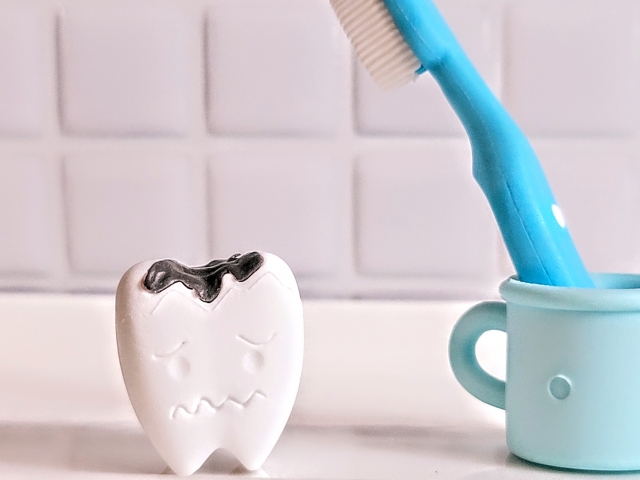
During pregnancy,
- Effects of Morning Sickness
- Hormonal balance changes
- Change in eating habits
- Decreased immunity
For reasons such asThe oral environment tends to deteriorate and cavities are more likely to occur.
The mother's oral environment can also affect the unborn baby.
Therefore, it is recommended that you undergo a prenatal dental checkup to keep your oral environment in good shape, not only for yourself but also for your baby.
Reasons why cavities are likely to be full during pregnancy (1)|Effects of morning sickness
Tooth decay occurs when teeth are dissolved by acid.
When morning sickness occurs,
- Nausea and inability to brush teeth when toothbrush is placed in mouth, and caries bacteria make a lot of acid.
- Morning sickness causes stomach acid reflux and acidity in the mouth.
For these reasons.Teeth are exposed to acid more often, and cavities are more likely to occur.
Reason #2 for full tooth decay during pregnancy|Changes in hormonal balance
During pregnancy, changes in hormonal balance reduce the amount of saliva and make the mouth more dry.
Dry mouth makes it easier for caries to grow.The risk of tooth decay is increased because of the
Reason #3: Change in eating habits
During pregnancy, you may be tempted to eat more highly acidic citrus fruits and snack more frequently.
Therefore,The mouth becomes more acidic andIncreased risk of tooth decay.
Reason 4: Decreased immunity
Immunity to bacteria is low during pregnancy.
Resistance to tooth decay is also lowered.Therefore, they are prone to cavities.
Effects of Cavities During Pregnancy on the Baby

Dental caries increases during pregnancy,May increase the baby's risk of tooth decay.
In addition, having a cavity-prone oral environment often means a high risk of periodontal disease at the same time.
Periodontal disease can cause premature birth and low birth weight.
Parental tooth decay may increase baby's cavity risk
Cavities increase during pregnancy.May increase the baby's risk of tooth decay.
In fact, there is no cavity in the mouth of a newborn baby,
- Kissing the baby
- Sharing of tableware
- Adult saliva mixes with baby food when it is cooled.
The cavity is transmitted to the baby's mouth by such factors as the following.
It is difficult to live a long life completely free of cavity infection. Basically, it is best to assume that no matter how careful you are, you will be infected with caries.
While there are many factors that contribute to the development of tooth decay, the risk of tooth decay is even higher when the amount of caries is high.
Therefore, the oral environment deteriorates during pregnancy and caries increases,The amount of cavity-causing bacteria that can infect the baby is also increased, and the baby's risk of tooth decay may also be higher.
In order to keep the baby's risk of tooth decay as low as possible, the mother's oral health should be protected not only during pregnancy but also after birth.
Also,Mothers are not the only ones who can transfer tooth decay to their babies.It is also important to note that
Poor oral health of fathers, grandfathers, grandmothers, and siblings who are involved with the baby may affect the baby's risk of tooth decay.
Periodontal disease during pregnancy can cause premature birth and low birth weight
Periodontal disease during pregnancy is,High risk of premature birth or low birth weightIt is.
Considering the impact on the baby, periodontal disease during pregnancy is more likely to be fatal to the baby than tooth decay.
A cavity-prone oral environment means a high risk of periodontal disease.
Since periodontal disease often has no symptoms and is difficult to recognize by oneself, it is recommended to have it checked during a prenatal dental checkup.
What you can expect during a prenatal dental exam
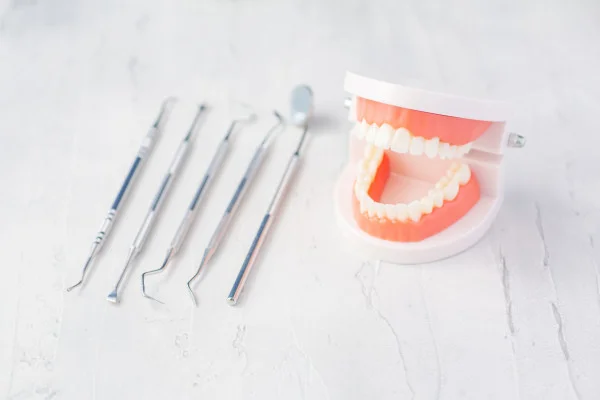
In Pregnancy Dental Examination,It is common to check for cavities and periodontal diseaseIt is.
The content varies from dentist to dentist,
- Tooth and gum condition check
- Saliva test to confirm caries risk
- Explanation of risks related to oral health during pregnancy and postpartum
- Advice on how to brush teeth properly
Such as,They will examine and advise you on the risks and eating habits during pregnancy.Often.
When can I get a prenatal dental exam and dental care?
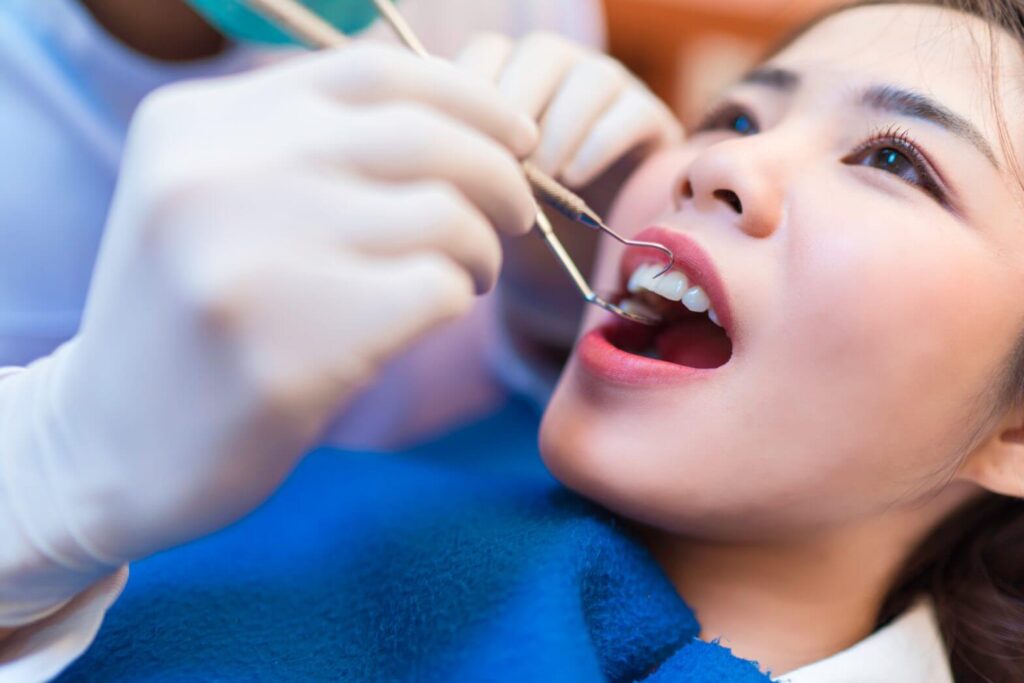
When to get a prenatal dental checkup and dental care,Mid-pregnancy, around the 5th month, when the patient enters the stable period, is recommended.It is.
The first trimester of pregnancy is often a time when the patient is not feeling well, and in the second trimester, the belly is so large that it becomes difficult to see the doctor on one's back, so it is often forsaken for all but the most urgent treatment.
However, this does not mean that they cannot be examined at all outside of the second trimester of pregnancy.
Whether you can see the patient depends on your physical condition, the condition of the fetus, and the urgency of the treatment.
When seeing a dentist,
- Always tell them you are pregnant.
- Tell them what precautions, if any, you are taking from your OB/GYN.
- Tell them immediately if you are not feeling well or if your posture during the examination is painful.
Do not overdo it by doing things such as
You can see a doctor basically anytime after childbirth, but consider giving your body a break.After about a month postpartum.is a good idea.
If you are breastfeeding, let them know.
How to take care of your teeth during pregnancy
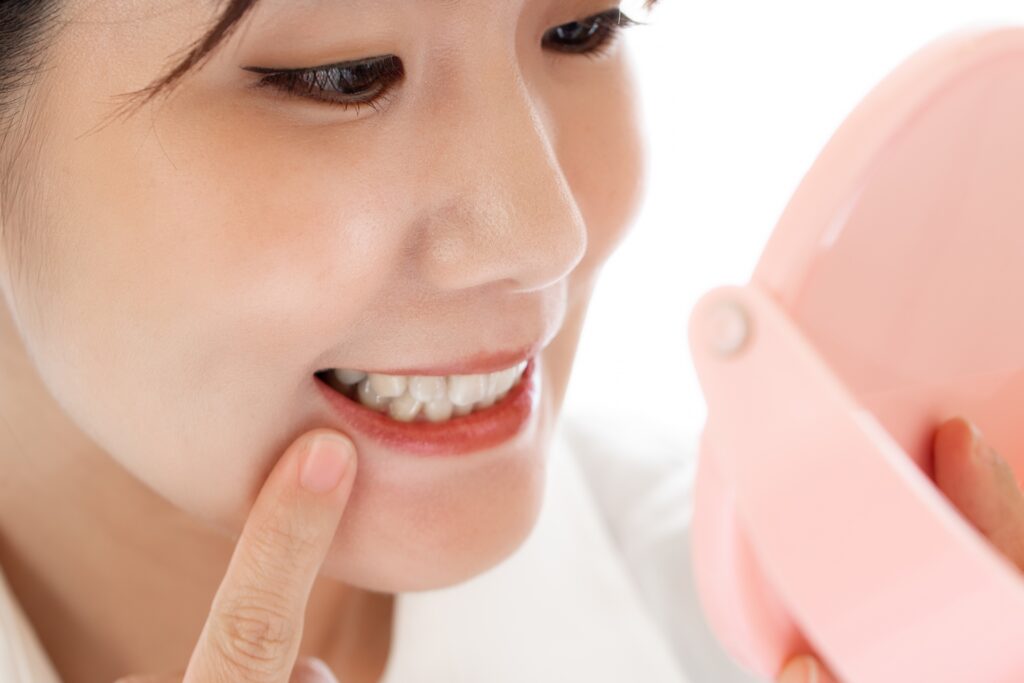
To avoid being riddled with cavities during pregnancy, keep the following in mind
- Brush your teeth frequently
- Use fluoride toothpaste.
- Also use dental floss and interdental brushes.
- Be aware not to eat sloppily.
- Avoid sugary and highly acidic drinks
Brush your teeth frequently
An important part of cavity prevention is to brush your teeth after eating.
Brush your teeth after meals, even during pregnancy, as a basic rule,Brush your teeth frequently after snacking.
If morning sickness is difficult, gargle after meals to keep as much food debris out of the mouth as possible.
Of course, gargling alone cannot adequately remove stains from the teeth.
If you are unable to brush your teeth after eating, try to brush your teeth when you can.
The key to brushing your teeth with ease when you are suffering from morning sickness
When morning sickness is difficult, the vomiting reflex is easily triggered by putting a toothbrush in the mouth.
If you brush your teeth with the following points in mind,The vomiting reflex is less likely to occur.I recommend it because of the following reasons
- Use a toothbrush with a small brush area.
- Use toothpaste with less odor and irritation.
- If toothpaste is uncomfortable, you can brush with water only.
- Brush teeth by bending forward as much as possible.
Use fluoride toothpaste.
There are several medicinal ingredients in toothpaste that are effective in preventing tooth decay,Use of fluoride toothpaste is recommended during pregnancy.It is.
For fluorine,
- Inhibition of caries activity
- tooth quality strengthening
- Promotes repair of tooth enamel
effect.
It is superior in that it not only strengthens tooth structure, but also suppresses the activity of caries-causing bacteria.
Also use dental floss and interdental brushes.
Brushing with a toothbrush alone does not adequately remove stains between teeth.
Stains between teeth should be removed with dental floss or an interdental brush.
The type of floss that wraps around your fingers requires you to put your hand inside your mouth, which may be difficult during periods of morning sickness.
In this case, a holder-type floss would be more compact to manipulate in the mouth and less likely to cause the vomiting reflex.
Be aware not to eat sloppily.
It is easy to snack more during pregnancy, though,Try to time your meals as much as possible.
Consumption of food and sugary drinks tends to make the mouth more acidic, which can easily activate caries-causing bacteria.
To prevent tooth decay, food should be held in the mouth less often.
- Always drinking sugary drinks.
- Candy or gum is always in the mouth.
- Leaving snacks on the table and eating them sloppily
These habits lead to tooth decay.
Try to time meals and snacks as much as possible, and brush your teeth after meals.
Avoid sugary and highly acidic drinks
Cavity bacteria feed on sugar to produce acid that dissolves teeth.
Avoid drinking sugary drinks all the time as hydration.
Also, be aware that highly acidic drinks, such as carbonated drinks and sports drinks, can dissolve teeth.
summary
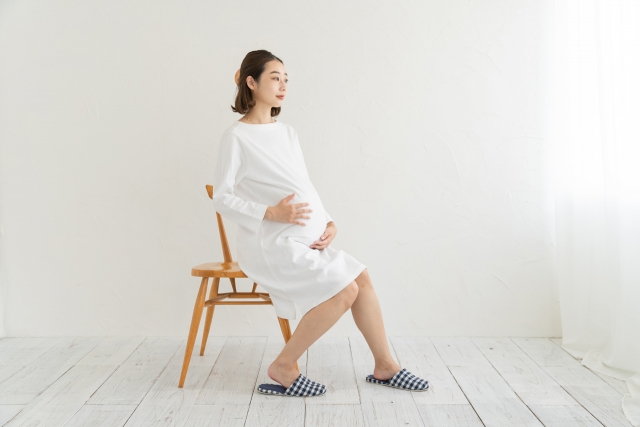
During pregnancy,
- Effects of Morning Sickness
- Hormonal balance changes
- Change in eating habits
- Decreased immunity
The oral environment can easily deteriorate and lead to tooth decay due to reasons such as the following.
Take advantage of prenatal dental exams,Be careful not to get full of cavities during pregnancy.
In 365dentist,
- Consultation via dentist-run open chat
- Helping you find the right dentist for you
- Useful columns about the mouth
to support your oral health and beauty!
If you are concerned about preventing tooth decay during pregnancy, please feel free to contact us first via our dentist-operated open chat!
RELATED:Ten toothpastes recommended by dentists and dental hygienists, by effectiveness!
RELATED:Pregnancy and Orthodontic Treatment
365dentist General Supervisor Dentist/Yukiko Katsuya
Graduated from Nagasaki University School of Dentistry, ~2018 Kyushu Medical Center, 2018-present Working at a dental clinic in Tokyo
Supervisor: Dentist/Naomi
After completing clinical training, worked in cosmetic dentistry in Tokyo. Currently a dentist and dental writer.

